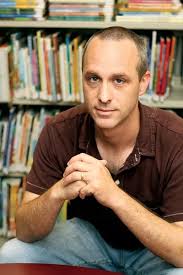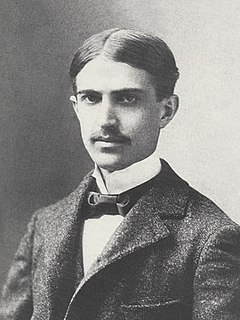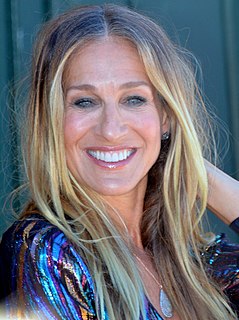A Quote by Gregory Bateson
A major difficulty is that the answer to the Riddle of the Sphinx is partly a product of the answers that we already have given to the riddle in its various forms.
Related Quotes
But the solution to the riddle of life and space and time lies outside space and time. For, as it should be abundantly clear by now, nothing inside a frame can state, or even ask, anything about that frame. The solution, then, is not the finding of an answer to the riddle of existence, but the realization that there is no riddle. This is the essence of the beautiful, almost Zen Buddhist closing sentences of the Tracticus: "For an answer which cannot be expressed the question too cannot be expressed. The riddle does not exist."
The scientist is not much given to talking of the riddle of the universe. "Riddle" is not a scientific term. The conception of a riddle is "something which can he solved." And hence the scientist does not use that popular phrase. We don't know the why of anything. On that matter we are no further advanced than was the cavedweller. The scientist is contented if he can contribute something toward the knowledge of what is and how it is.
The answer to this riddle has a hole in the middle, And some have been known to fall in it. In tennis it's nothing, but it can be received, And sometimes a person may win it. Though not seen or heard it may be perceived, Like princes or bees it's in clover. The answer to this riddle has a hole in the middle, And without it one cannot start over.
I could say I believe in every drop of rain that . . . Well, I believe life is a Zen koan, that is, an unsolvable riddle. But the contemplation of that riddle--even though it cannot be solved--is, in itself, transformative. And if the contemplation is of high enough quality, you can merge with the divine.
































